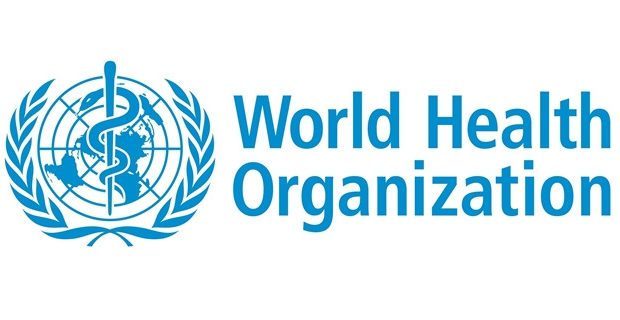Around 47%, or $ 796 billion, of this lost productivity value, could be avoided in 2030 if the Sustainable Development Goals related to these health conditions are achieved, WHO found.
“Four years into the implementation of countries’ efforts towards achieving UHC, current average expenditure on health in the Region falls short of this expectation,” the WHO Regional Director for Africa, Dr. Matshidiso Moeti, writes in the foreword to A Heavy Burden: The Productivity Cost of Illness in Africa, which was launched during the second WHO Africa Health Forum that held in Cabo Verde recently.
As a target of Sustainable Development Goal 3, universal health coverage would require countries in the WHO African Region to spend, on average, at least $ 271 per capita per year on health, or 7.5% of the region’s gross domestic product.
According to United Nations Conference on Trade and Development estimates, attaining the 17 Sustainable Development Goals will require spending ranging from $ 1.5 trillion to $ 2.5 trillion per year until 2030, or up to $ 37.5 trillion. Low-income countries will need an additional $ 671 billion dollars ($ 76 per capita on average) until 2030 to attain the health-related Sustainable Development Goals (SDG).
To achieve the health-related SDG targets, countries must invest adequately in the development of resilient national and local health systems to effectively, affordably and efficiently deliver the integrated packages of proven cost-effective interventions contained in relevant programmatic global strategies and plans to target populations in need.
The findings of the WHO study on disease burden suggest that health systems strengthening should focus on rich as well as poor countries and on all ages as well as on the specific disease categories.
Five countries (the Democratic Republic of the Congo, Ethiopia, Nigeria, South Africa and the United Republic of Tanzania) accounted for almost 50% of the total years lost in healthy life (or DALYs) accrued in the WHO African Region.
This is coming as Minister of Health, Prof. Isaac Adewole lamented on the poor state of Nigeria’s healthcare system. The minister, who was fielding questions from journalists recently in Abuja, said that only 4 percent of Nigerians are so far covered by the National Health Insurance Scheme (NHIS).
“Part of the challenges we face is the near collapse of the healthcare system. But one of the unique things this government has done is to put money in the basic healthcare provision fund, (BHCPF). …fifty percent of the money will flow to NHIS to take care of the medical expenses of our people so that they will not have to pay out of their pocket for treatment.”
Source: Pharmatimes

 The World Health Organisation (WHO) estimates that nearly 630 million years of healthy life were lost in 2015 due to the diseases afflicting the population across its 47 Member States in Africa, now amounting to a loss of more than $ 2.4 trillion international dollars from the region’s gross domestic product value annually.
The World Health Organisation (WHO) estimates that nearly 630 million years of healthy life were lost in 2015 due to the diseases afflicting the population across its 47 Member States in Africa, now amounting to a loss of more than $ 2.4 trillion international dollars from the region’s gross domestic product value annually.




